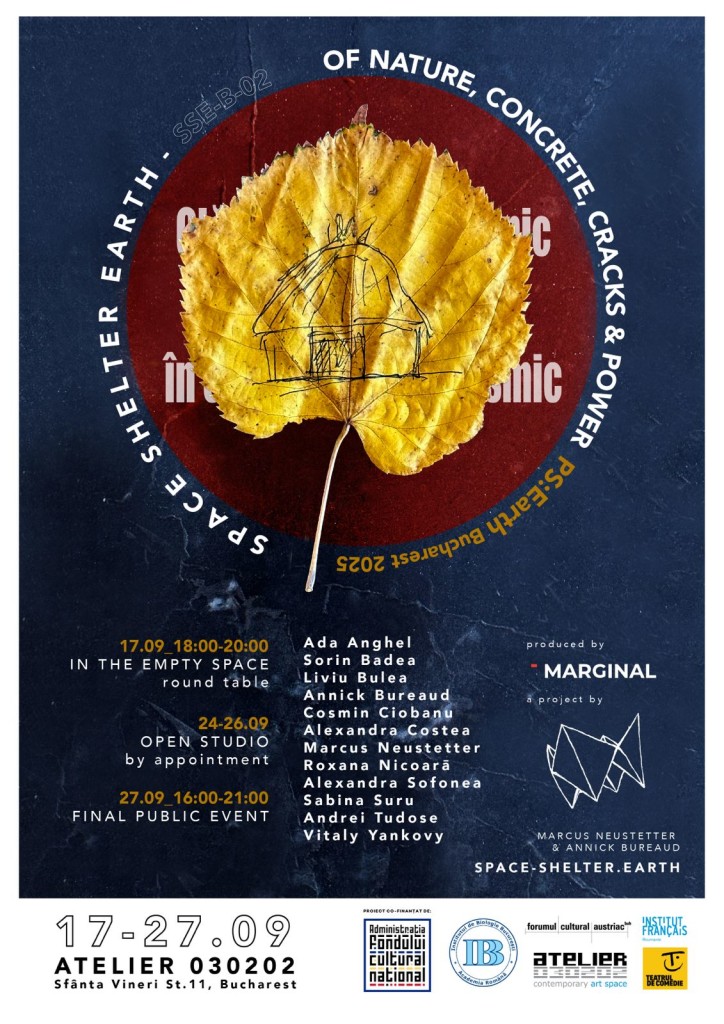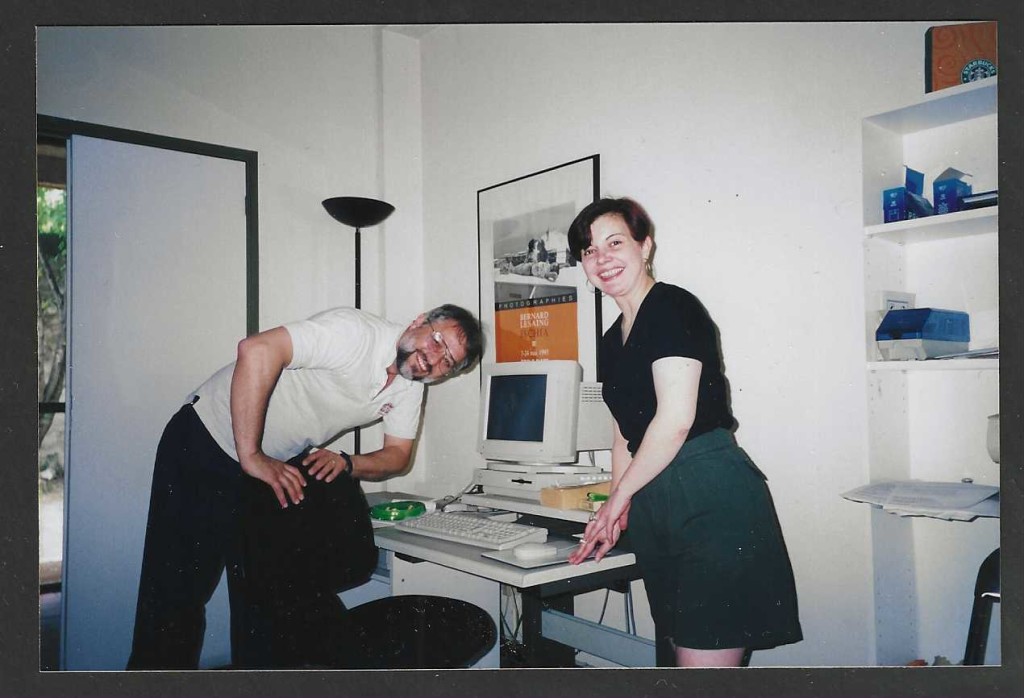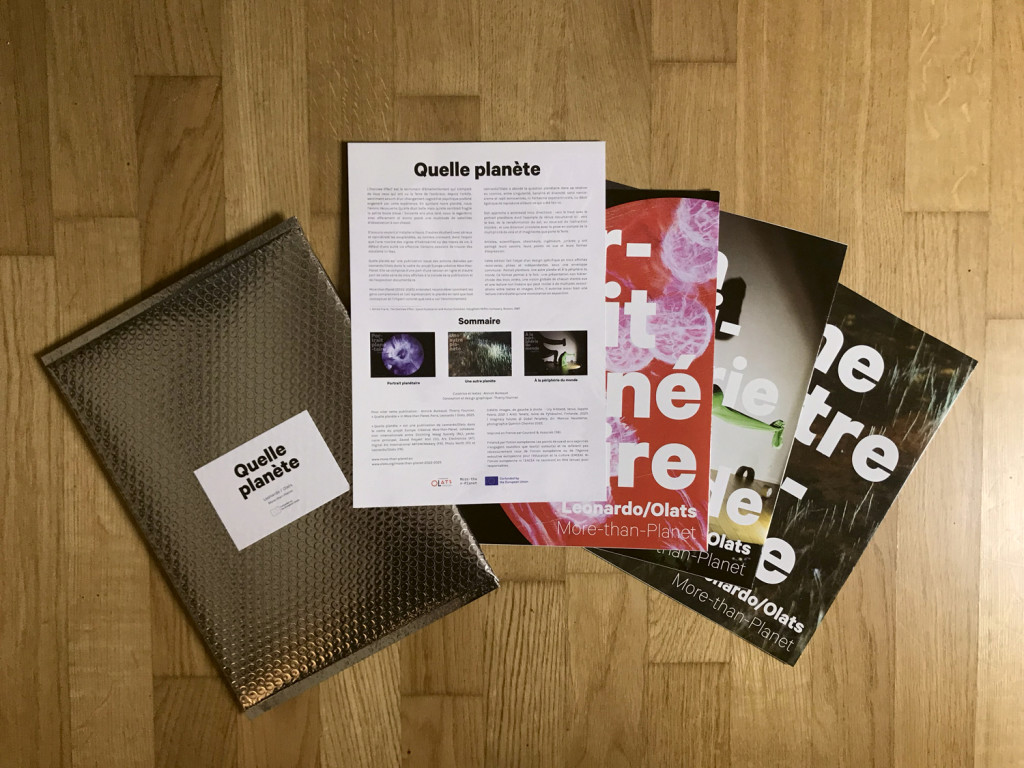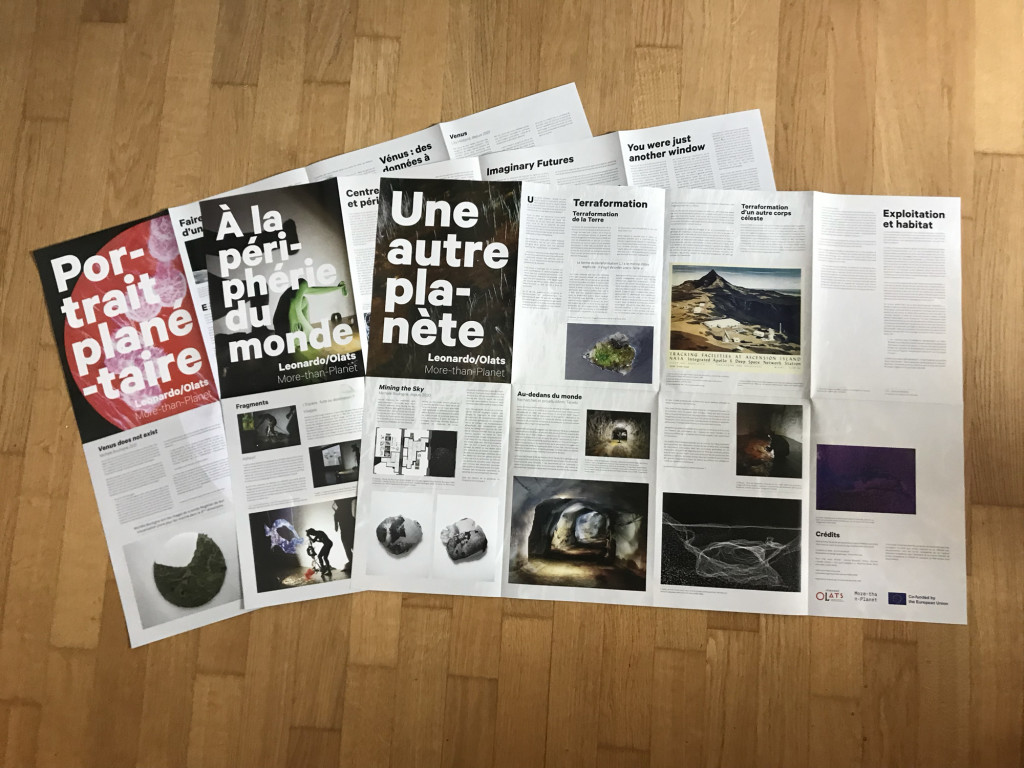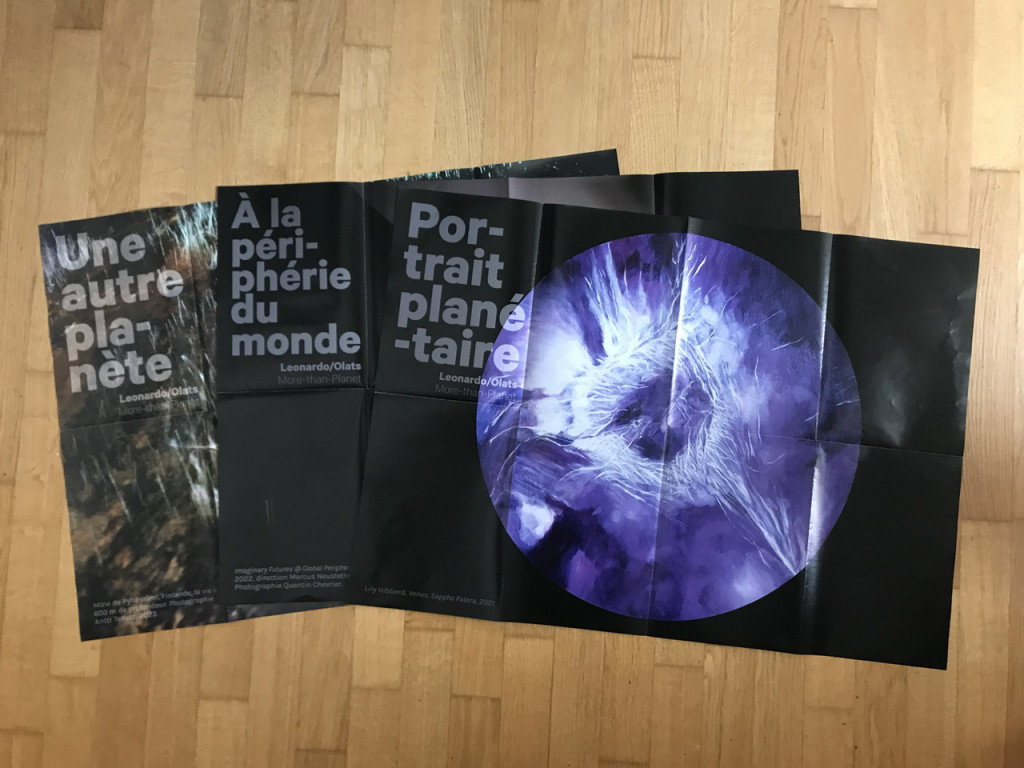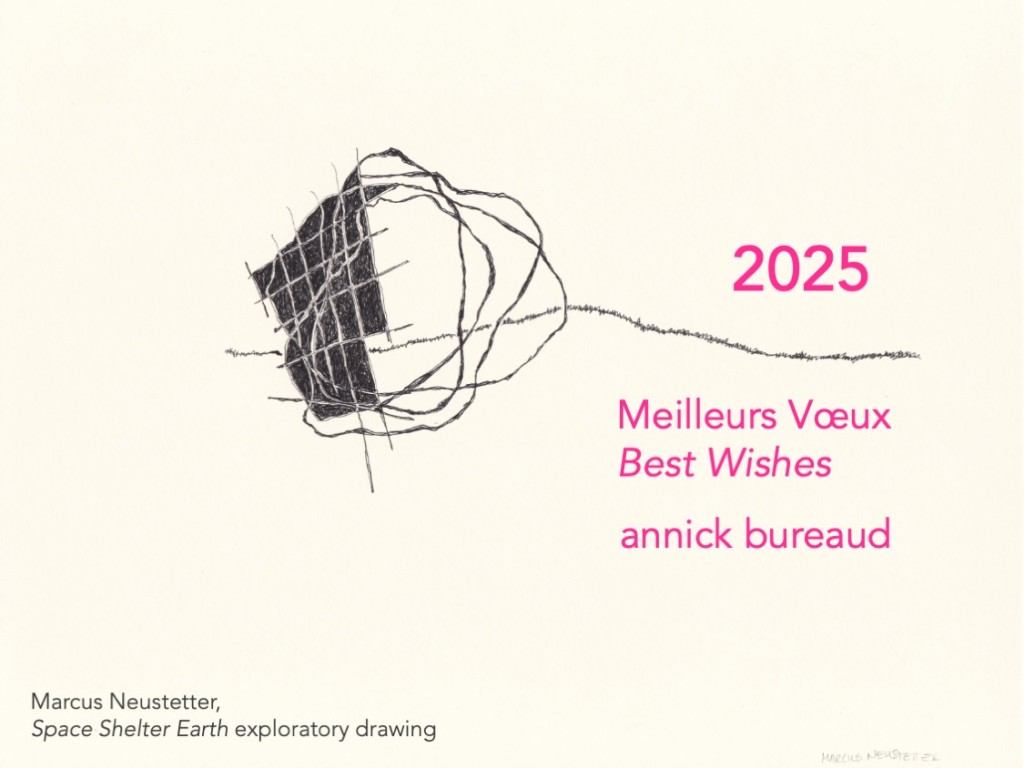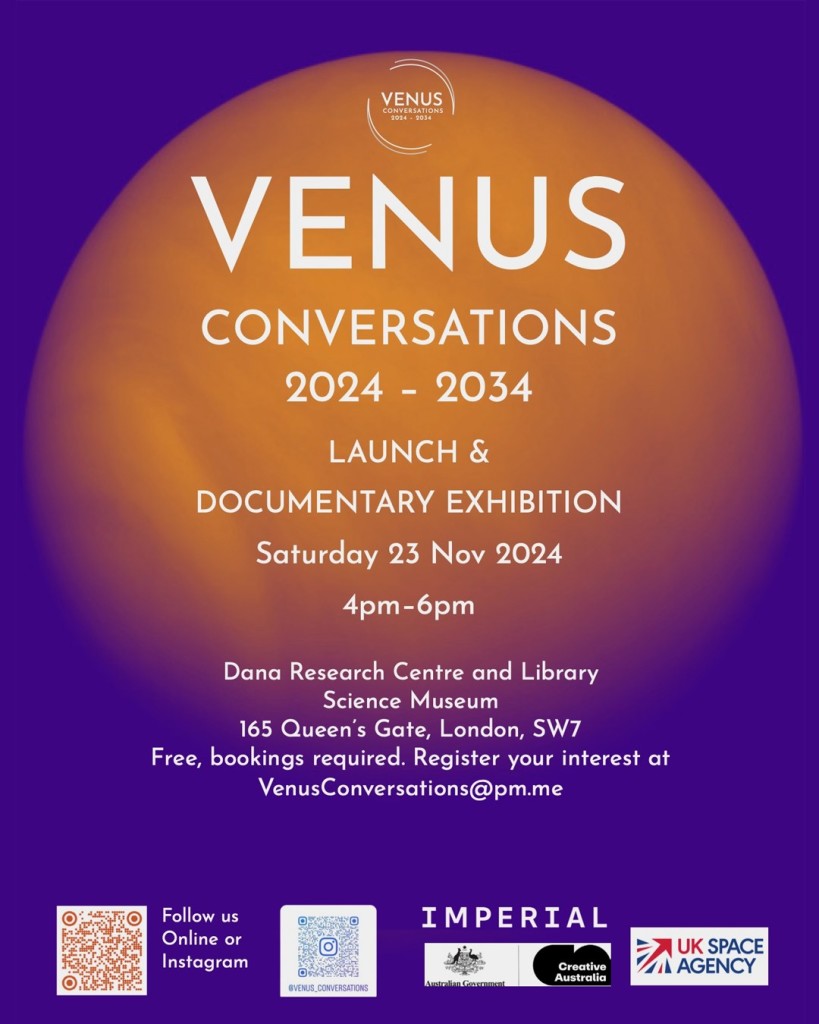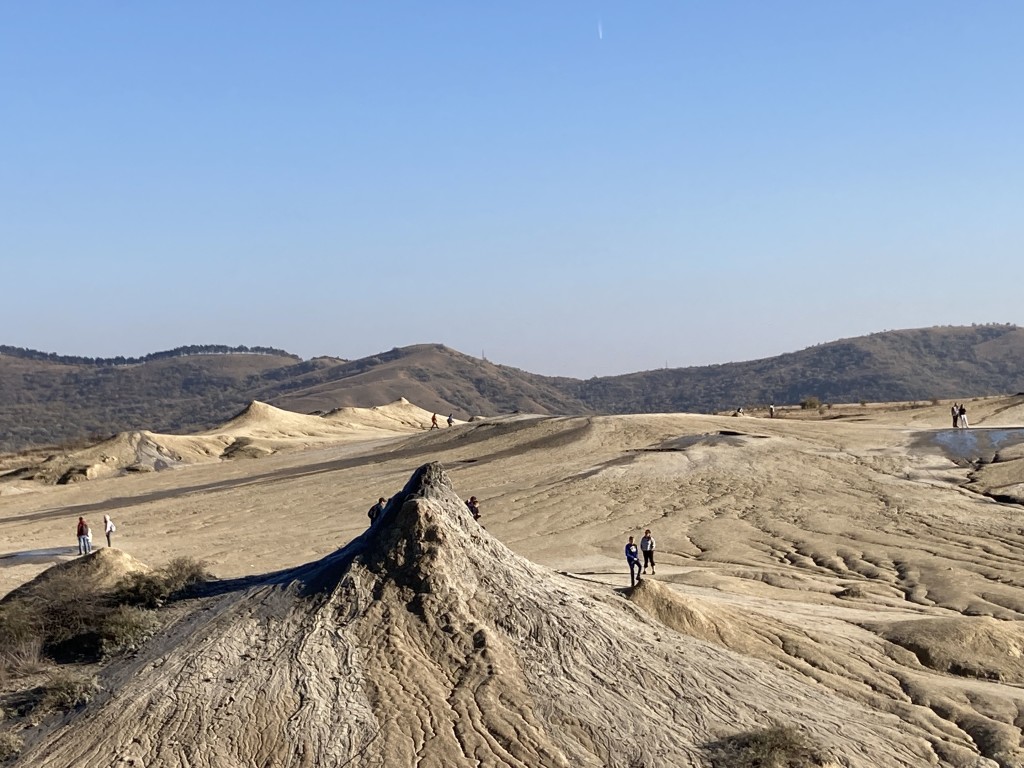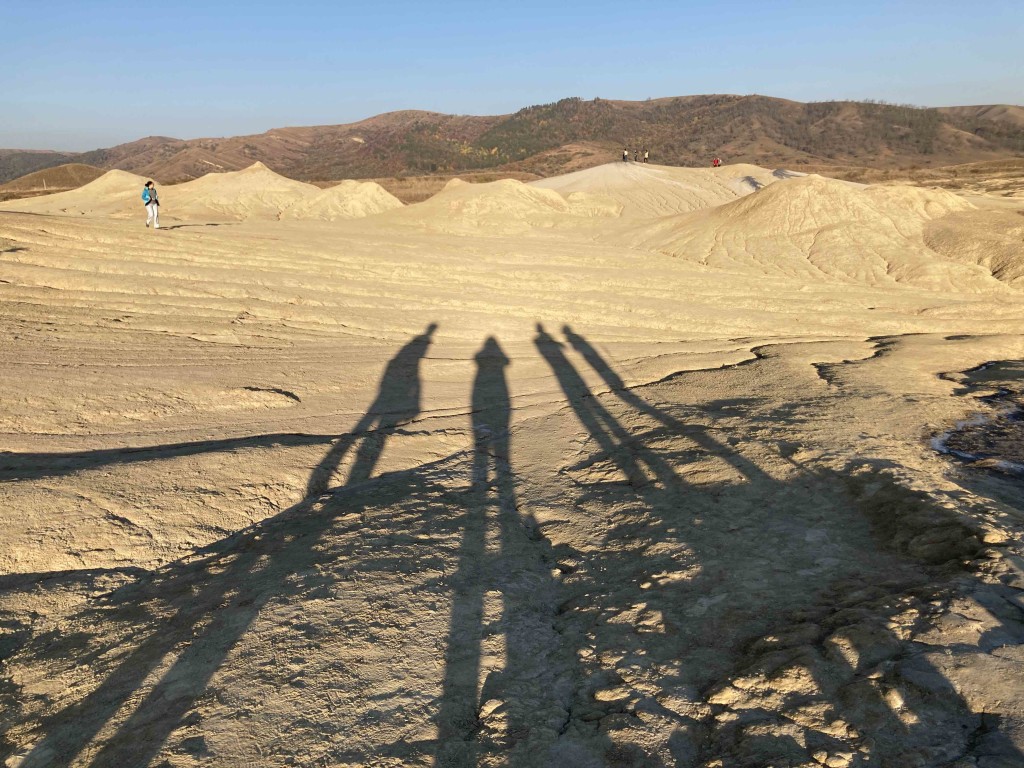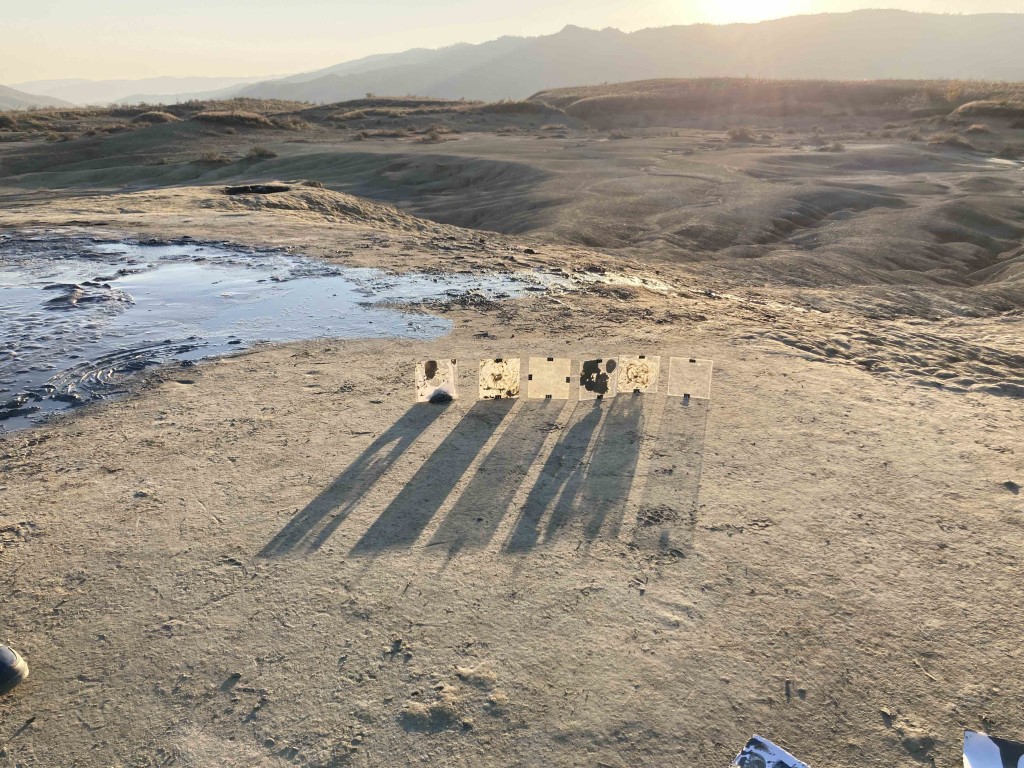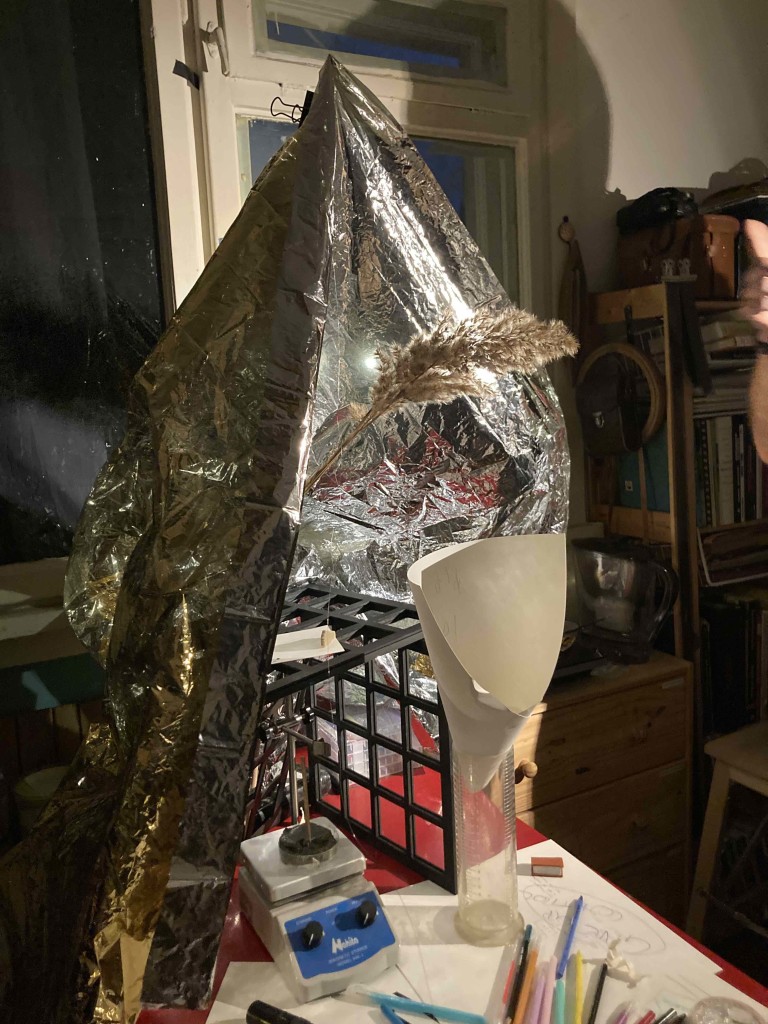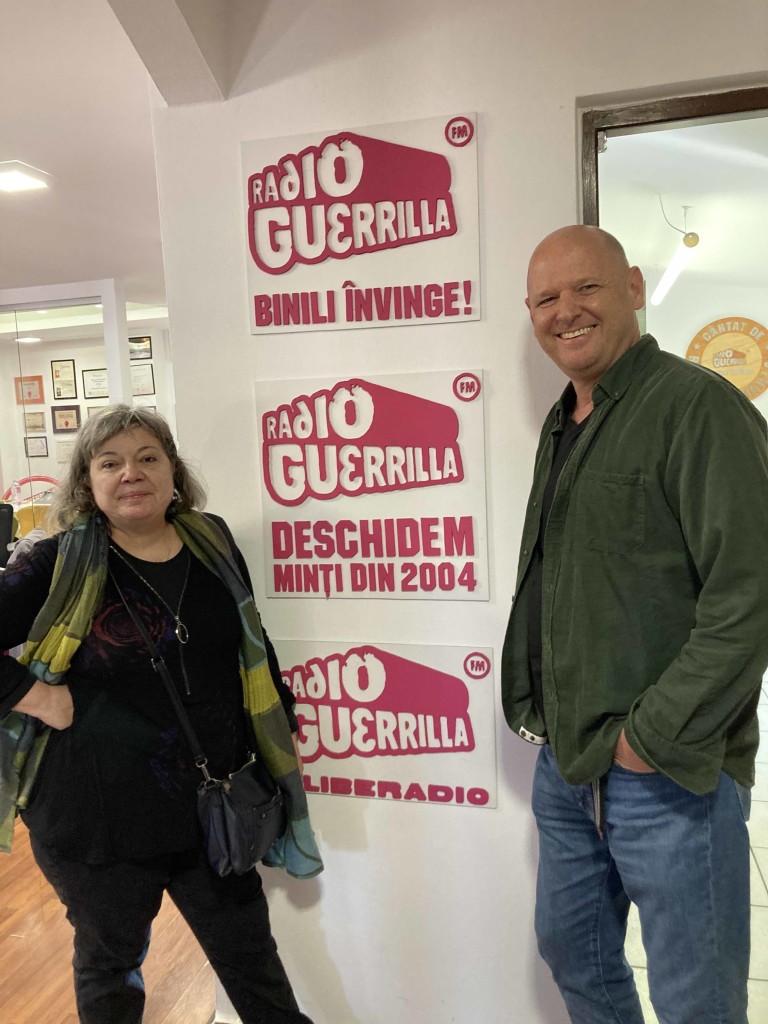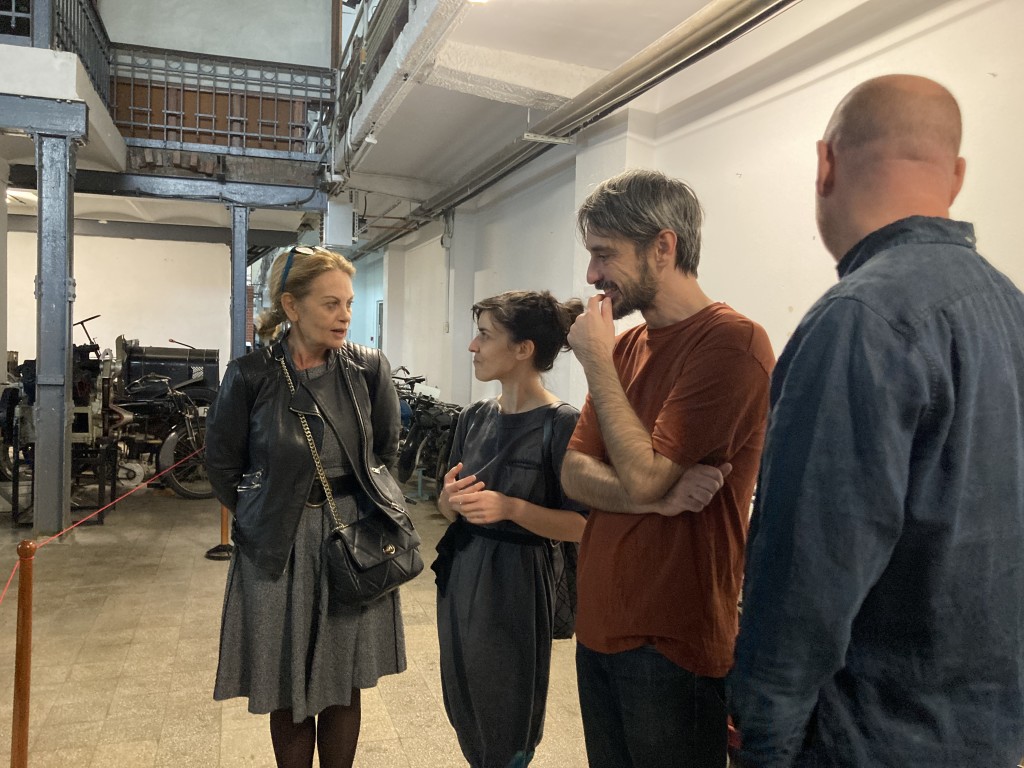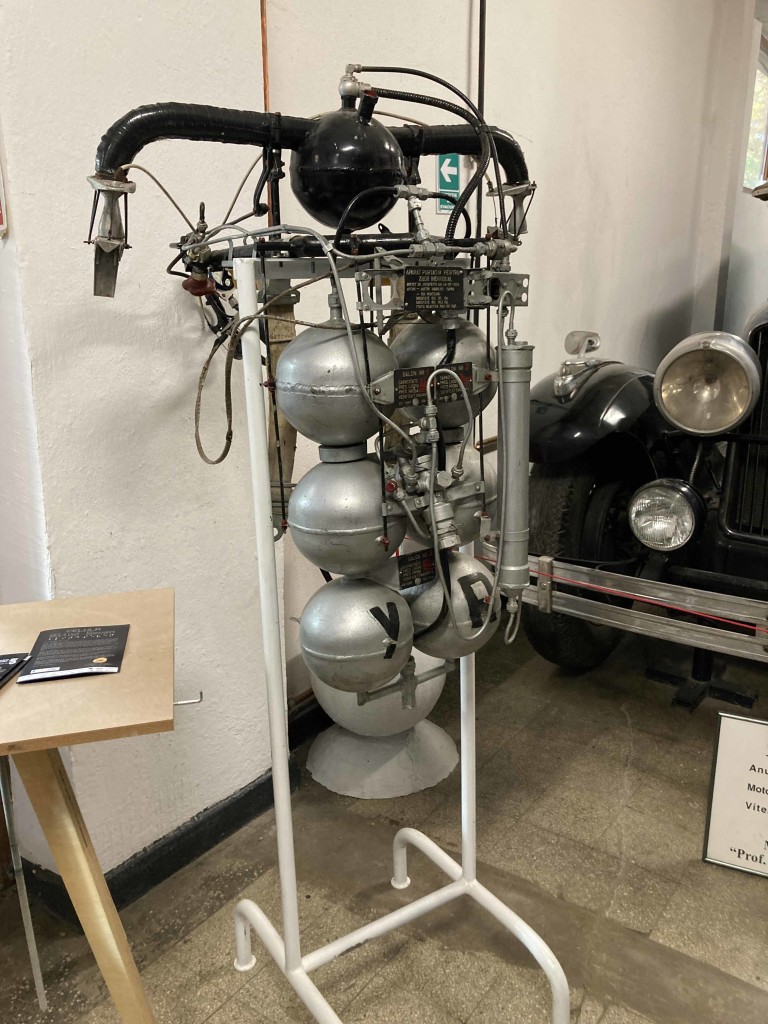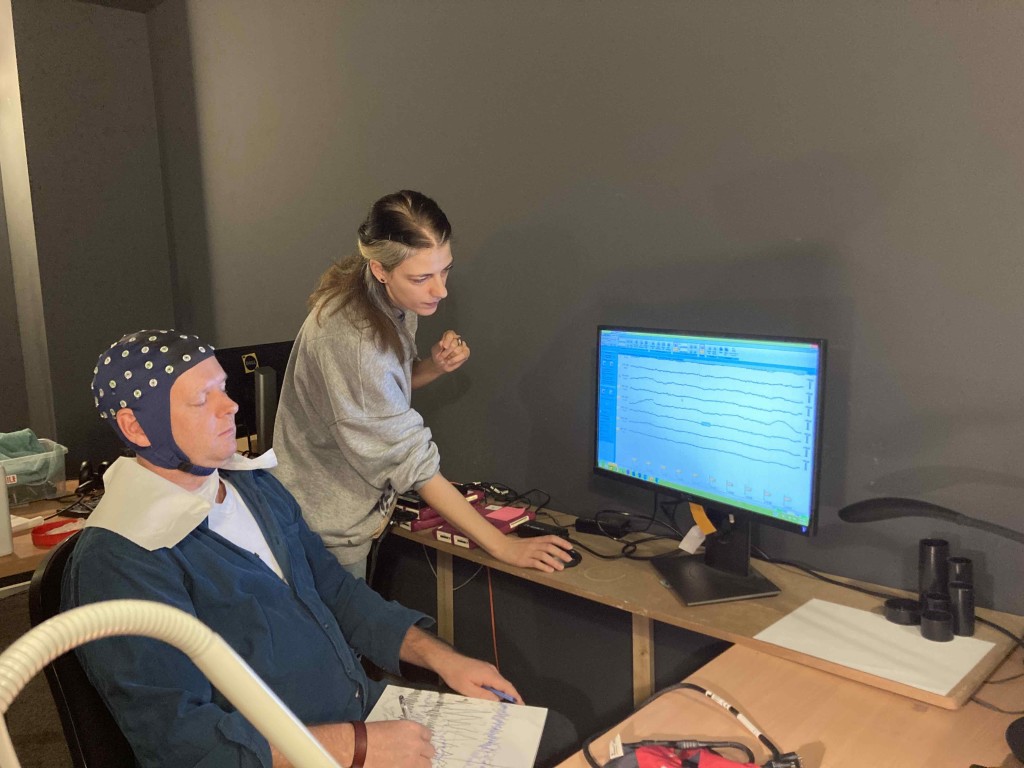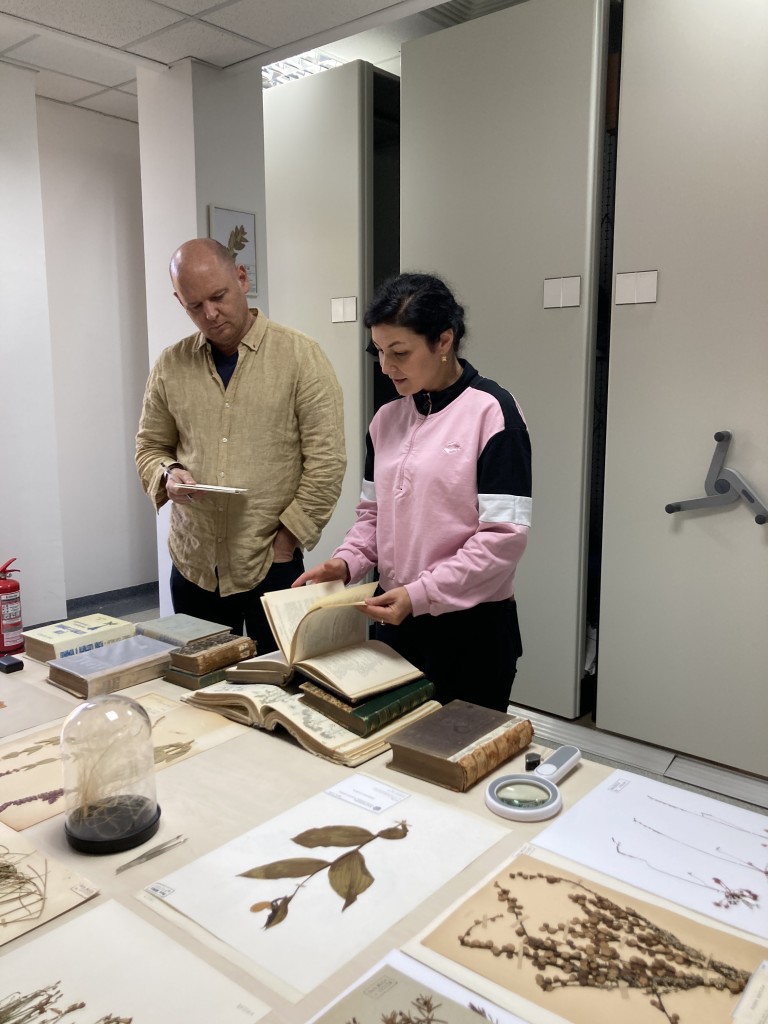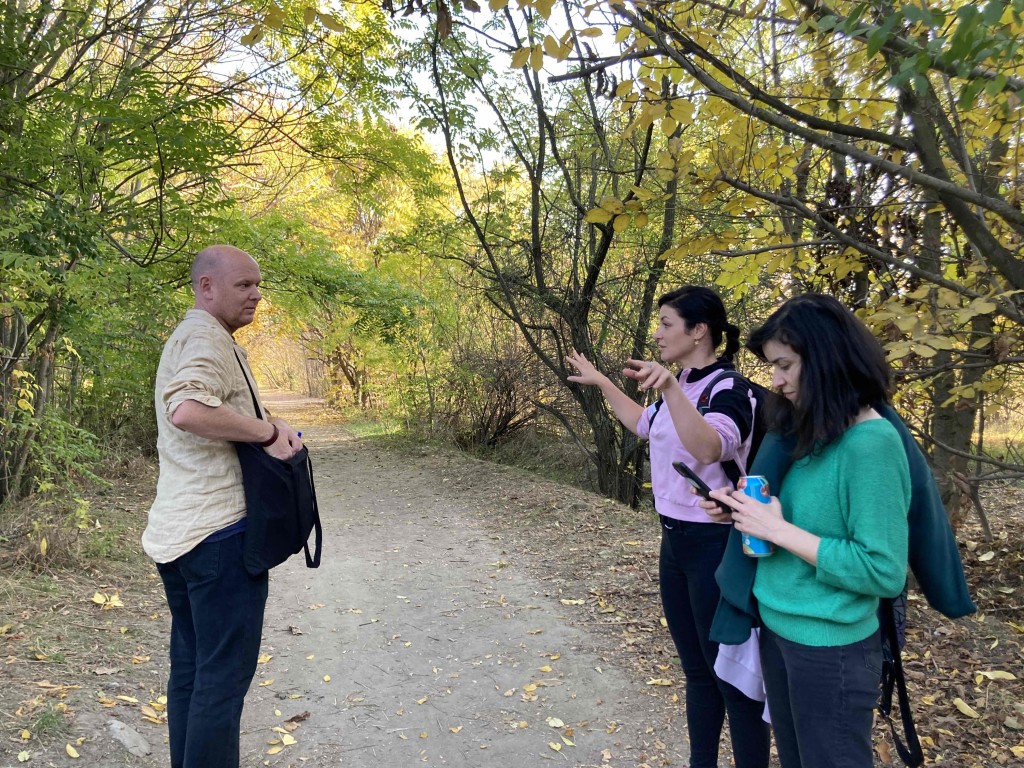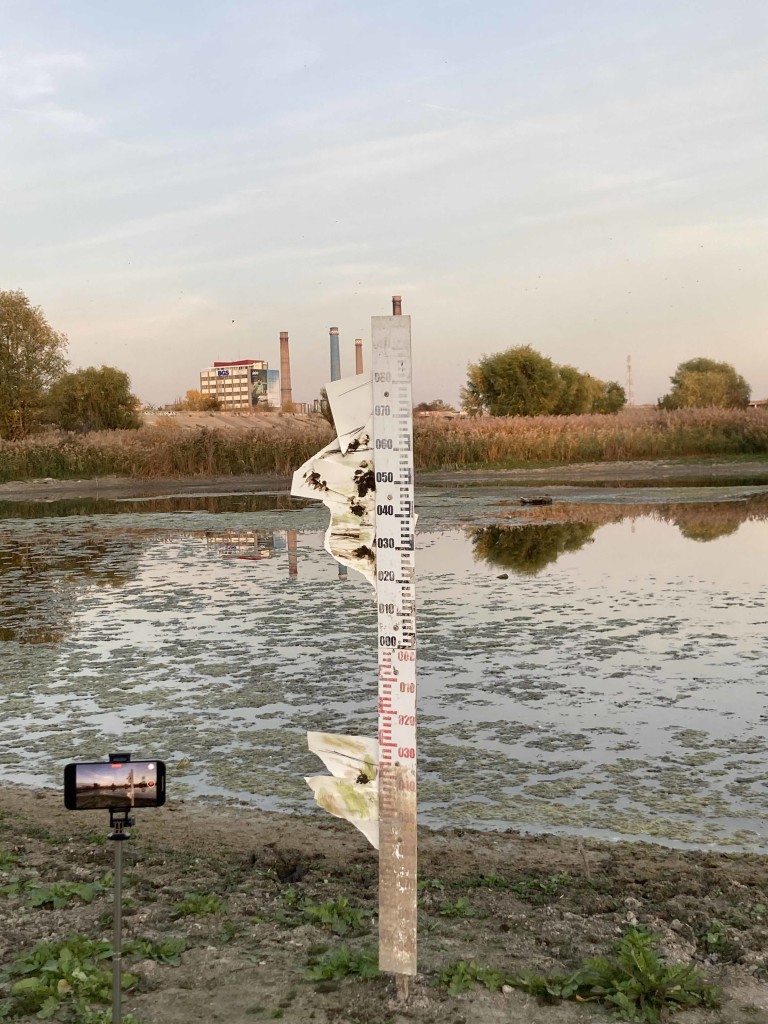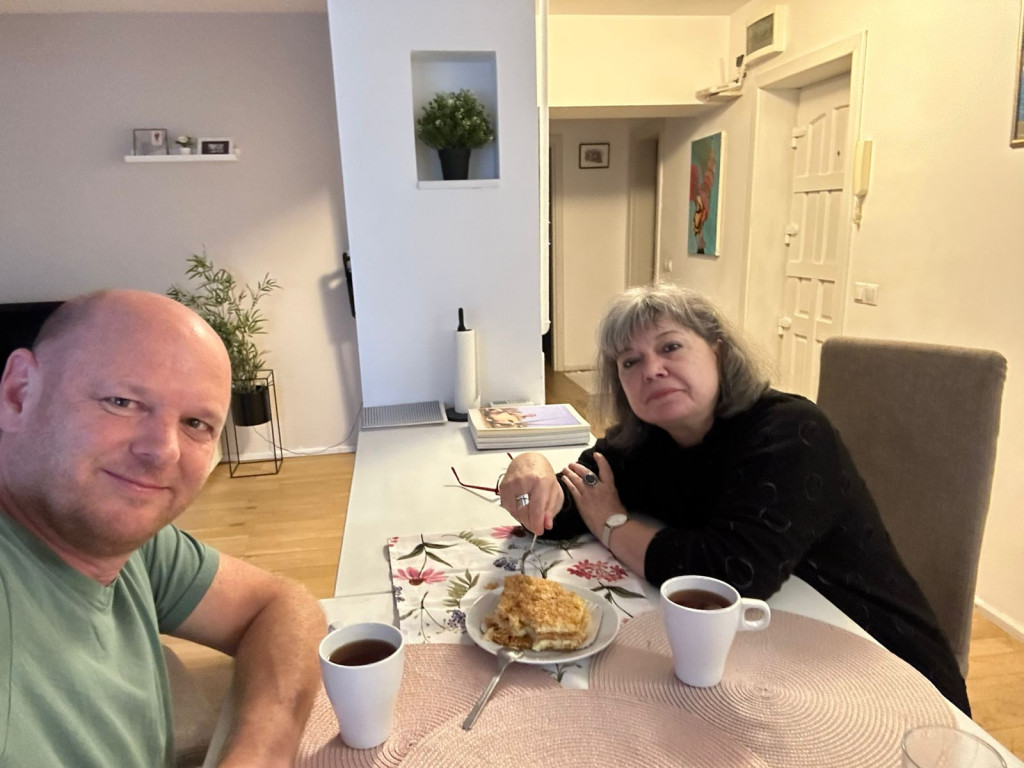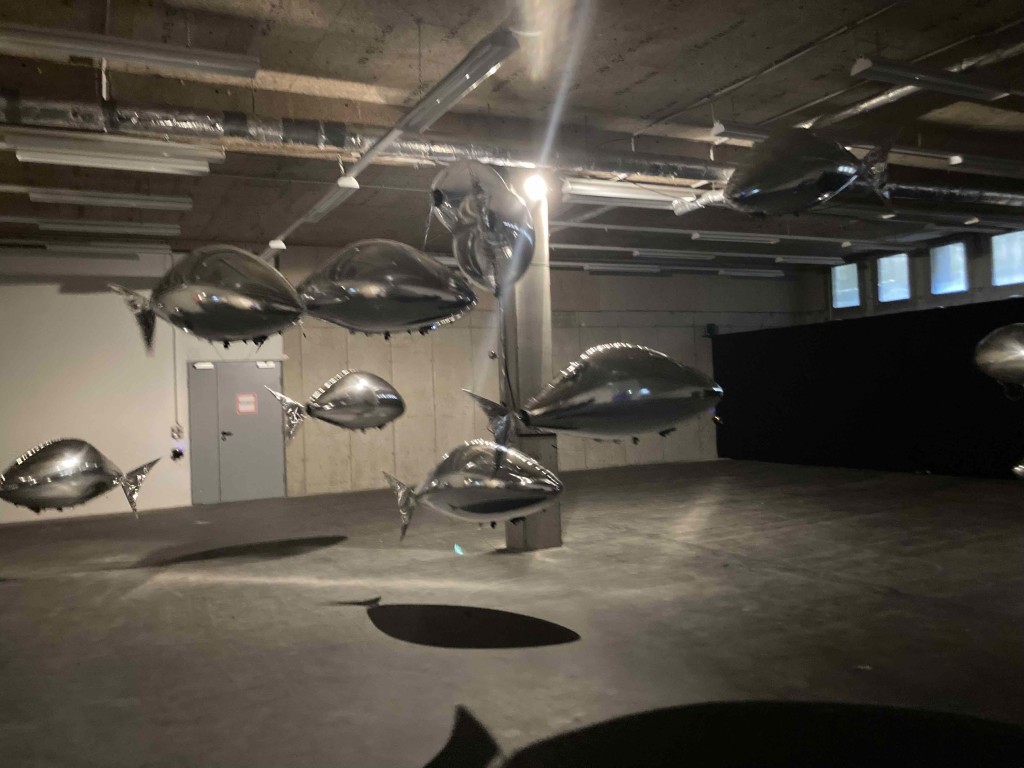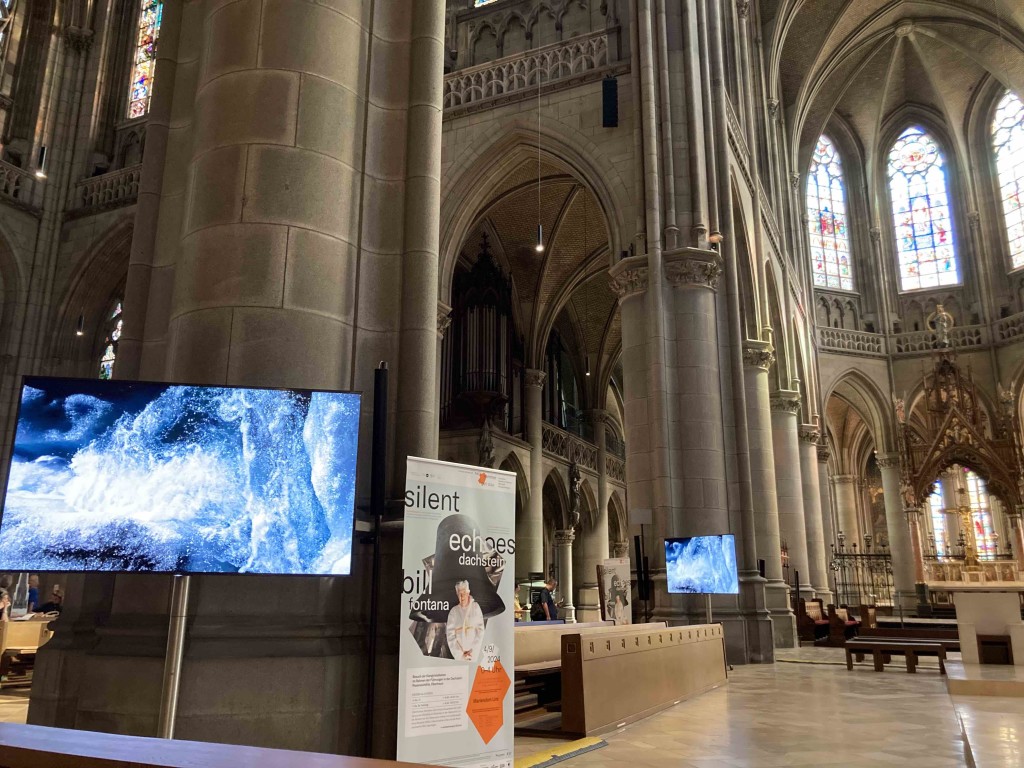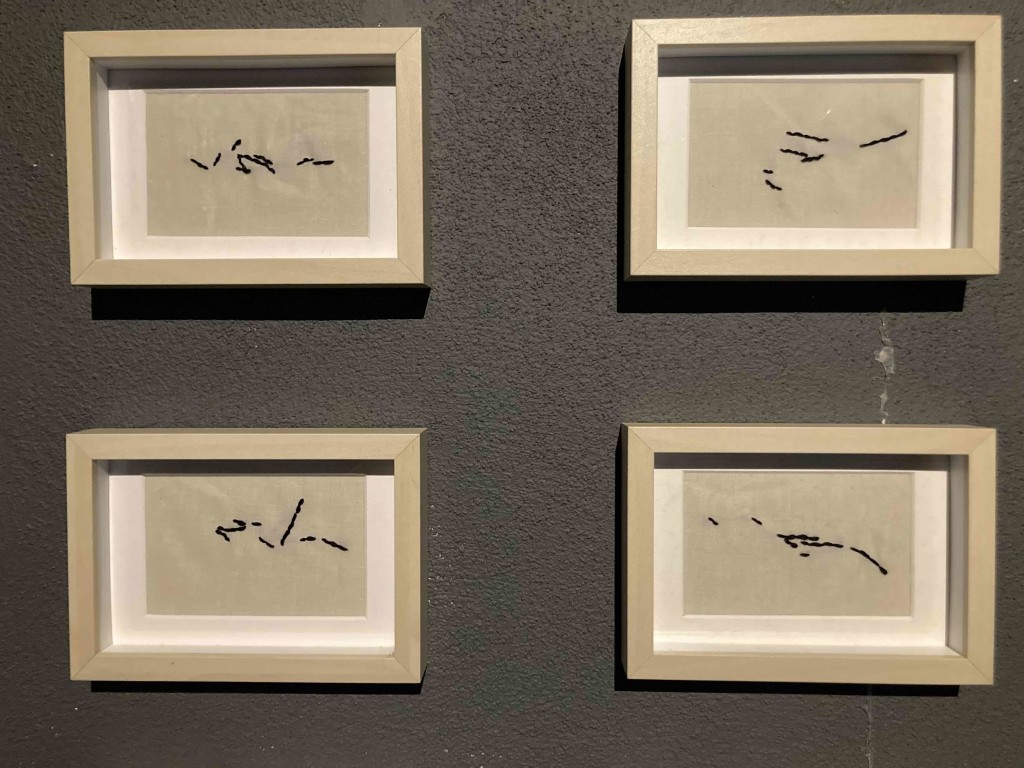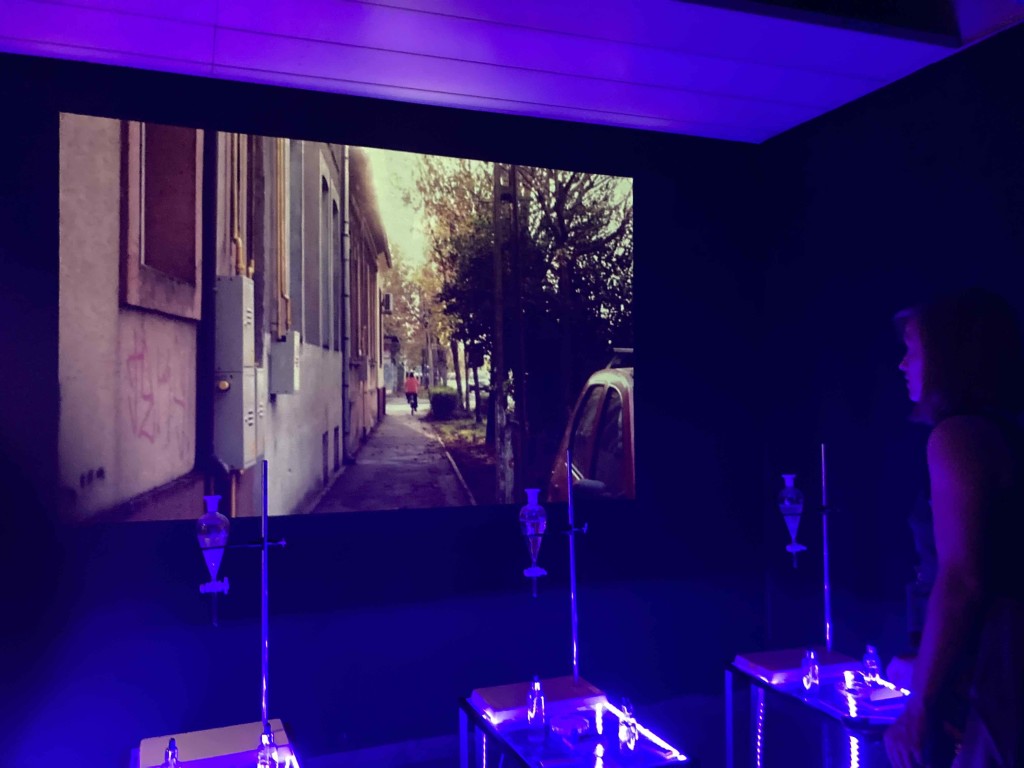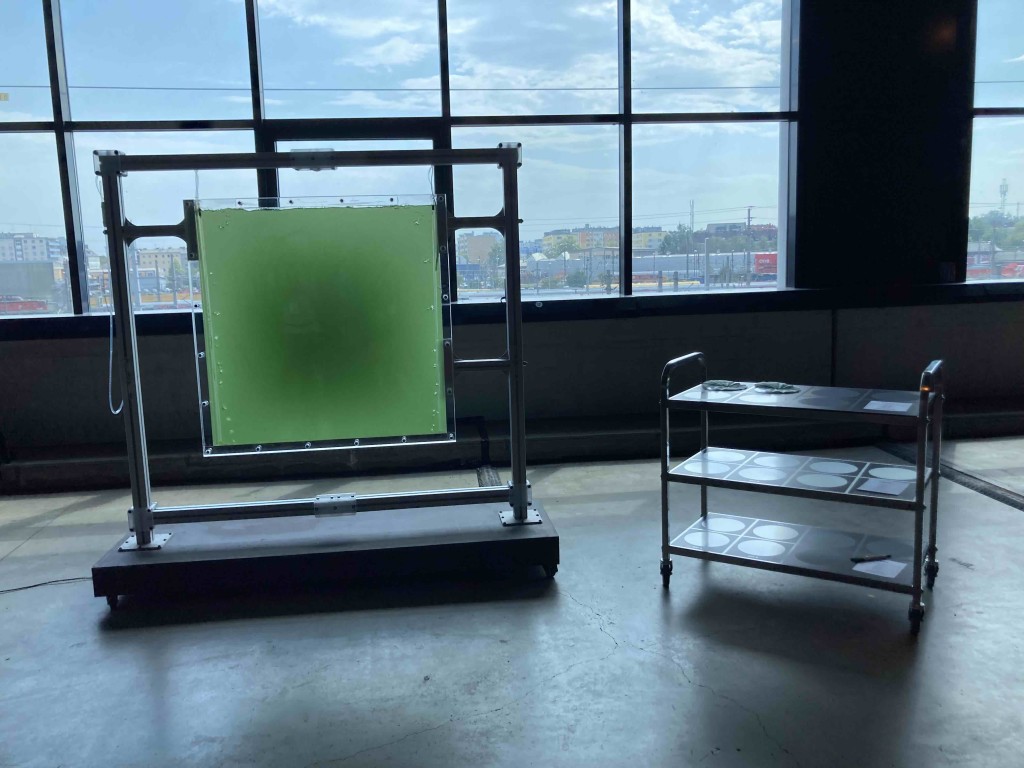Marcus Neustetter and myself are in Venice beginning of May to install our first Space Shelter Earth. Come and visit, it is exhibited until July 31st.
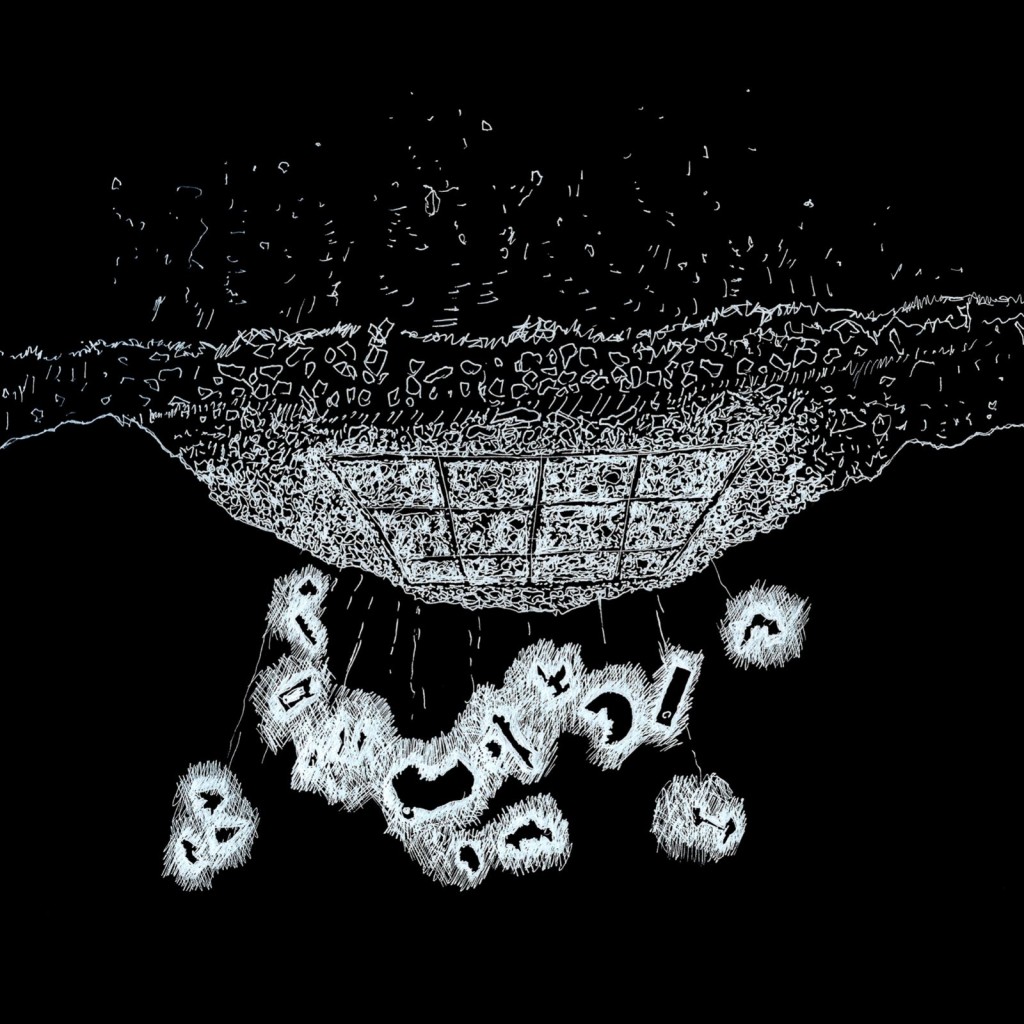
« Space Shelter Earth – Of Water, Wood and Future Fossils – SSE-V-01″, drawing Marcus Neustetter, 2025
Space Shelter Earth – Of Water, Wood and Future Fossils – SSE-V-01
Marcus Neustetter x Annick Bureaud
Venice, The Universe Pavilion, during the Venice Architecture Biennale
May 10th – July 31st 2025
Fàbrica 33 – Venezia
Cannaregio 5063 – Call Larga dei Botteri – Fondamenta Nove
Preview: May 8th . 4 – 7 pm (registration required at: claudia [at] mayvenice.com
Space Shelter Earth is an imaginary, critical and poetic alternative interpretation of space stations and habitats. Conceived as an evolving and collaborative installation, partially built in situ, this first version is premiered in Venice, at the Universe Pavilion, during the Architecture Biennale.
The installation, composed of three parts, one inside, one outside and on the in-between window, is alluding to water, wood, junk and debris.
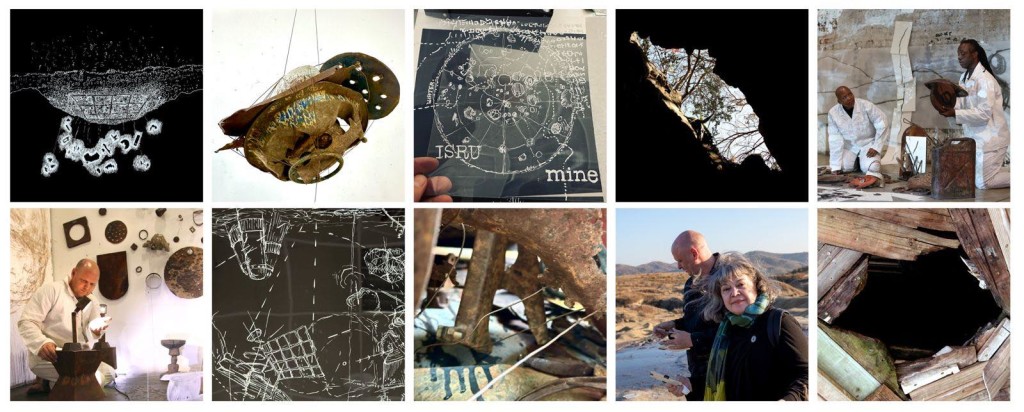
Images: Sketches towards Space Shelter Earth. Of Water, Wood and Future Fossils. SSE-V-01, 2025 (photos by Marcus Neustetter, Zivanai Matangi, Andrei Tudose) Shelters of rusted debris from across the globe; Caves and wooden installations at the Cradle of Humankind; Earth samples at mud volcanoes in Romania; Johannesburg studio experiments with Anathi Conjwa and Micca Manganye; Speculative space drawings.
The first thing one encounters on the gallery floor is a pile of rusted metal elements, some recognizable, others of uncertain origins. Once ore in the depths of the Earth before becoming shiny, useful or desirable, those objects were then discarded and turned into waste before being re-appropriated and re-used in shacks or other vulnerable economic contexts, to be again thrown away. Collected by Marcus Neustetter all over the world, they were played with in Johannesburg by Anathi Conjwa and Micca Manganye, to end up, temporarily, as a part of this artwork. These are symbols of fossils —with embedded stories— that have been exhausted from the planet, something that could spread elsewhere in the space mining desire. As evidence of our civilisation, they allude to the future fossils of the space habitats and the current space debris and junk in orbit, on the Moon and other celestial bodies where they are now being turned into human archeological and cultural heritage. Fossils from the past and from the future, they become the shelters of our thoughts.
Outside, in the courtyard, as a counterpoint, is a construction built in collaboration with Stefano Matteazzi, a Venetian craftsman, from remains of pieces of wood found locally. In-Situ Resource Utilization or ISRU is the space community’s term for using the resources found in space. Space Shelter Earth intends to avoid traveling huge and heavy installations, nothing more than what fits, as a symbol, into a 23 kg suitcase. The chosen approach is to create, as much as possible, the work locally, in situ, but by recycling local material. This wooden structure is also meant to be a tribute to the invisible forest above which Venice is built, a forest that never rots, deep into the water. Water is mandatory for life as we know it. It is a resource, on Earth as in Space where it could also be the basis for propellant by mining the ice on the Moon or Mars. In Venice, water has been protective but has now become a threat as well, and it is obviously threatened in many places. What would a water shelter be? How would you shelter water?
In-between the inside and the outside parts of the installation is a huge window, divided into many little squares, reminiscent of an archeological grid at excavation sites, acting both as a connector and a fence. It carries drawings and words, ideas and quotations, mental maps and cartographies of unknown territories, research and deep primal emotions, framed by the outline of the South African cave in the Cradle of Humankind, like a portal linking the future and the past, Earth and Space.
Space Shelter Earth-V-01 plays with the inside and the outside, the below and the above, asking what/whom are we sheltering and what from.
Space Shelter Earth. Of Water, Wood and Future Fossils. SSE-V-01
Creation by Marcus Neustetter, in collaboration with Stefano Matteazzi in Venice; Performance recorded in Johannesburg with Anathi Conjwa and Micca Manganye with live projection by Ciara Struwig, sound engineering Zain Vally and documentation Zivanai Matangi; Concept and project in dialogue with Annick Bureaud; Venice curator: Claudia Schnugg
https://spaceshelterearth.weebly.com/
Images: Sketches towards Space Shelter Earth. Of Water, Wood and Future Fossils. SSE-V-01, 2025 (photos by Marcus Neustetter, Zivanai Matangi, Andrei Tudose)
Shelters of rusted debris from across the globe; Caves and wooden installations at the Cradle of Humankind; Earth samples at mud volcanoes in Romania; Johannesburg studio experiments with Anathi Conjwa and Micca Manganye; Speculative space drawings.
This project has received support from the Austrian Cultural Forum Milan to be produced for this exhibition.
The Universe Pavilion exhibition 2025, « Sheltering in Space — A Guide », curated by Claudia Schnugg, presents Inploration; Janine Thüngen-Reichenbach; Jt-r x Ultravioletto; Karla Dickens; Kristina Pulejkova; LIQUIFER and Marcus Neustetter x Annick Bureaud,
https://www.universepavilion.com/


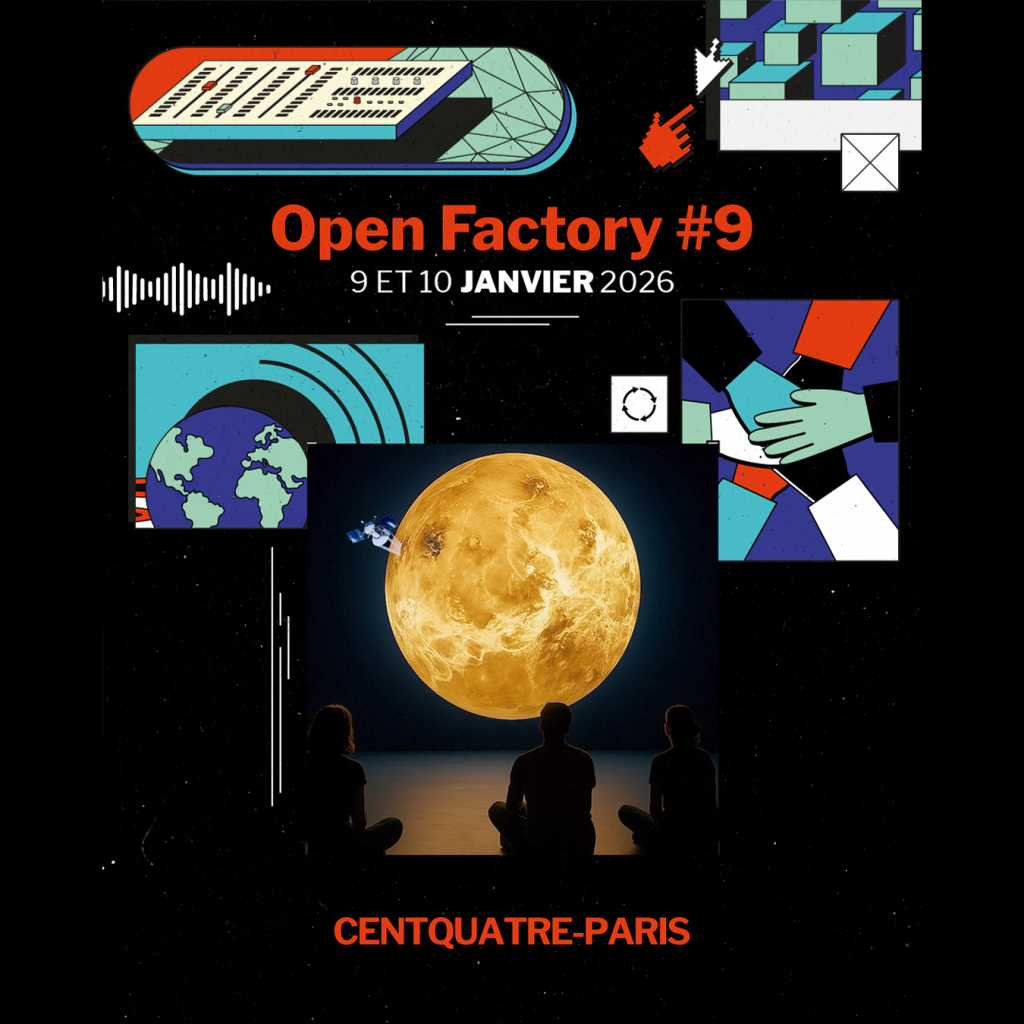
 Follow
Follow

